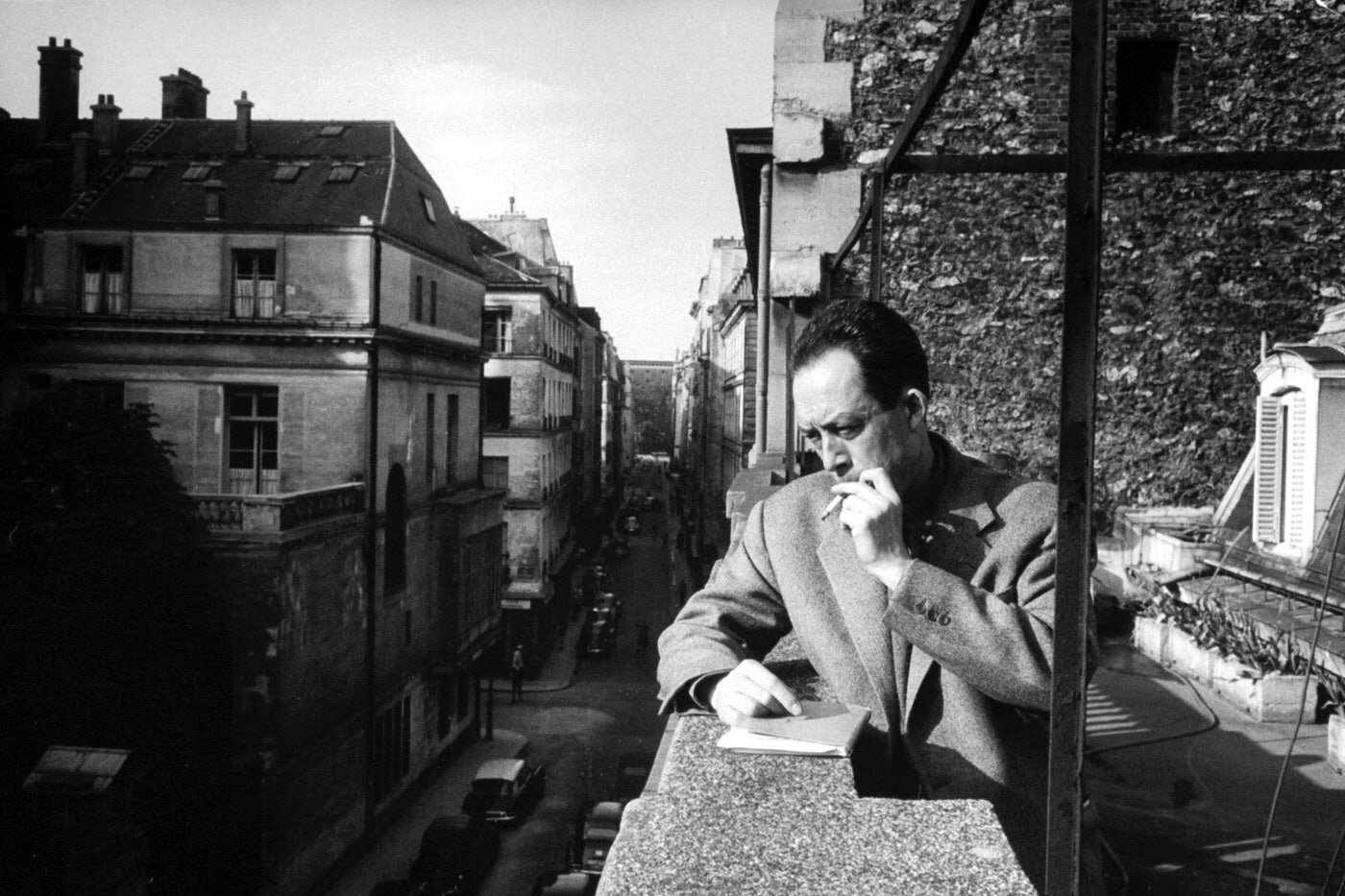2020 in Ideas.
I did most of my reading during my daily train journeys to work and back. But in 2020, I lost that routine and let me tell you - you don't read more if you're stuck at home. Because reading is a routine, not a one-time activity.
Instead of writing clichéd 'Top Reads of 2020' - I would like to share four thoughts/ideas that I think will stay with me for a long time.
I. Cervantes
I managed to finish one of the longest fiction books of my life - Don Quixote. It's a story of a man who goes mad after reading too many books and imagines himself to be a knight in shining armour.The beauty of this story to me is that Don Quixote imagines the world to be more beautiful, more meaningful than it actually is. He fights windmills because he thinks they are dragons. He thinks that pig farms are palaces of respected kings. He simply refuses to look at the world the way it actually is.
In 1860, a novelist Ivan Turgenev wrote an essay titled 'Hamlet and Don Quixote'. Turgenev said that the world is dominated by two types of people: those who like Hamlet are concerned only by the 'self and indecision ('to be or not to be'); and those like Don Quixote, who are certain in their opinions and see their purpose in altruistic desire to change the world. I loved this idea, but haven't decided who am I more sympathetic to - Hamlet or Don Quixote.
II. Camus
Being able to sit down and focus on reading also helped me to absorb complex ideas more clearly. Each sentence in Camus' The Myth of Sisyphus' made me stop to reflect upon what he is saying. It is not that the ideas were difficult or hard to understand. No. I stopped because I wanted to memorise them by heart. Here's one sentence by Camus that I come back to since discovering it:
'Thinking is learning all over again to see, to be attentive, to focus consciousness; it is turning every idea and every image, in the manner of Proust, into a privileged moment. What justifies thought is its extreme consciousness.'
III. Zweig
I discovered Austrian novelist Stefan Zweig with the help of Wes Anderson's film The Grand Budapest Hotel. It is one of my favourite films for its beautiful portrayal of the world that we lost in the 20th century. Anderson was inspired by Zweig's writing and by his memoir - The World of Yesterday.
Only the person who has experienced light and darkness, war and peace, rise and fall, only that person has truly experienced life. ~ Stefan Zweig
Zweig truly experienced all of this. He considered himself to be Austrian, but most of all he was considered himself as European. European, not by passport, but by languages he spoke; values he believed in; and principles he protected. During his lifetime (1881-1942) he saw how Europe he knew disappeared. But his life tells that your identity depends on what kind of person you cultivate yourself to be. On your own values, education and principles.
In my mind Zweig's memoir goes in parallel with Nabokov's memoir... 👉
IV. Nabokov
To continue with memoirs, another brilliant one is that of Vladimir Nabokov. Memoirs tell a lot about those who dare to write them. Memoirs reveal how their authors interpreted their own lives. Nabokov managed to tell the entire story of his life in the very first sentence of 'Speak, Memory':
'The cradle rocks above an abyss, and common sense tells us that our existence is but a brief crack of light between two eternities of darkness.'
What a sentence to begin your memoir.
In the previous section,I said that memoirs of Zweig and Nabokov go in parallel to each other. What connects them is their refusal to submit to the crowd. They were born when popular and mass movements were just about to be 'invented', and both of them refused to surrender to slogans, mottos, crowds, and ideas that were not theirs. That was why Nabokov was forced out of Russia after revolution. Not only because of his aristocratic descent, but also for his independent thinking.
🏞 Photo:
Vlad was not only a great writer but also recognised entomologist and has a butterfly named after him. On the photo above: Nabokov's drawing of a butterfly he dedicated to his wife Vera. I liked his story how American police once detained him, when he was in his 50s or 60s, because they could not believe that an old man could seriously hunt for butterflies.




